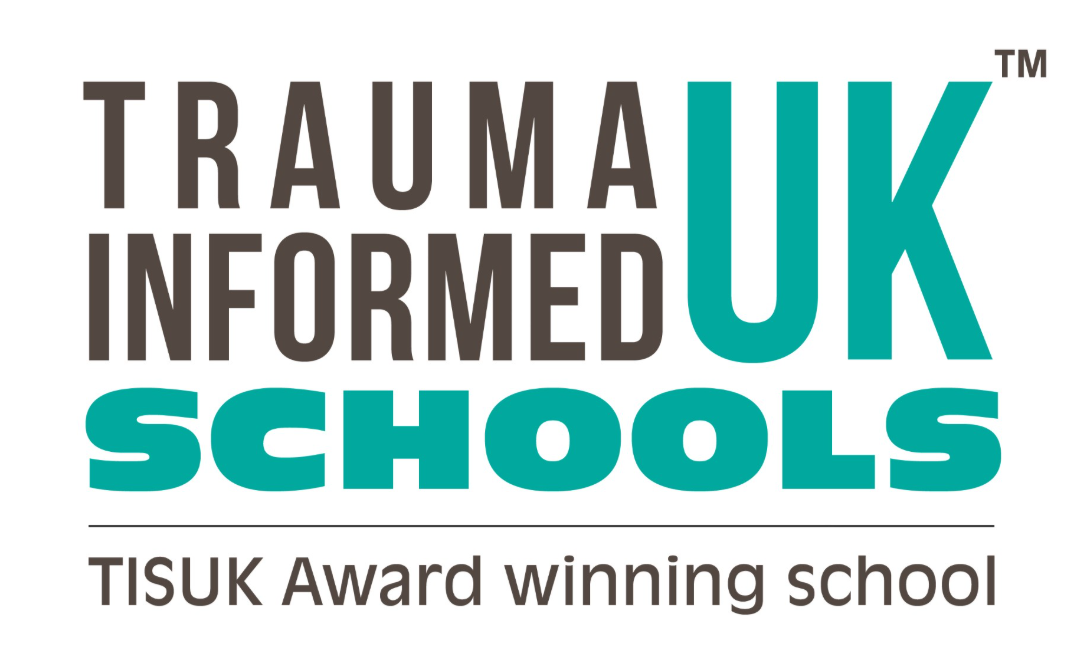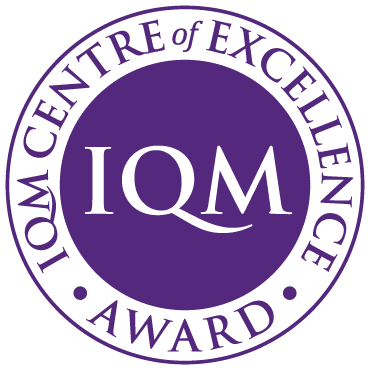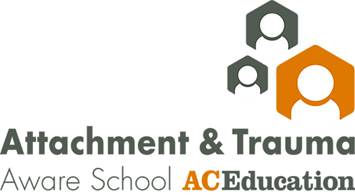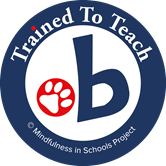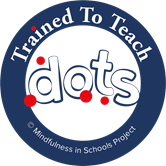Geography
Intent
Pupils at Educate U deserve a broad, progressive and ambitious Geography curriculum which is rich in skills and knowledge.
The teaching intent is to develop pupils’ curiosity and develop a sense of wonder of their world which prepares them well for future learning or employment. Our Geography curriculum will give pupils the opportunity to develop:
Skills and knowledge
- Develop an understanding of physical and human environments and processes, and the diverse character of places and landscapes.
- Explore the interactions and interrelationships on the Earth’s surface.
- Demonstrate knowledge of locations, places, processes, environments, and different scales.
- Understand geographical concepts at various levels of sophistication, relating to places, environments, and their interrelationships.
- Apply knowledge to interpret, analyze, and evaluate geographical information and issues, showing depth of understanding.
- Develop a range of geographical skills, including cartographic, graphical, numerical, and statistical skills.
- Use Geographical Information Systems (GIS) to analyze and interpret places and data.
- Engage in fieldwork outside the classroom, using primary data.
- Build rich subject knowledge through holistic, themed topics.
- Foster an understanding of British values and improve spiritual, social, moral, and cultural awareness.
Implementation
Geography will be taught from KS1-KS3 as part of termly cross-curricular projects and will be progressive, building on prior knowledge and skills throughout the key stages to avoid repeated prior learning.
Students who follow a formal curriculum pathway will be taught stand-alone Geography lessons. Students on a semi-formal pathway will have Geographical tasks inter-woven into their daily activities
Our whole school topics are:
KS1/2:
- Muck, mess and mixtures
- Under the Sea
- Mini-beasts and small worlds
- Arctic
- Energy
- Early Britain
KS3/4
- Identity, Diversity and Celebration
- Modern Britain
- Habitats and Climate zones
Impact
The Geography curriculum promotes a broad, balanced understanding of locational and place knowledge, human and physical geography, and key skills supported by fieldwork. As pupils progress, they deepen their understanding of their local area and its wider geographical context, expanding to national and international scales. This fosters their spiritual, moral, social, and cultural awareness.
The curriculum also integrates cross-curricular events like Black History Month, World Environment Day, and Gypsy, Roma, and Traveller History Month, further enriching pupils’ geographical knowledge and connecting it to wider social and cultural themes.
Our Vision
The geography curriculum outlined here aims to provide students, including those with Special Educational Needs and Disabilities (SEND), with a broad and enriching understanding of the world, covering both human and physical geography. Here's a summary of the curriculum's key components:
- Progression Across Key Stages:
- KS1 (Key Stage 1): Introduction to fundamental geographical concepts such as transport, mapping, and world oceans.
- KS2 (Key Stage 2): Deeper exploration of topics like world biomes (e.g., rainforests), the energy crisis, and the Arctic, emphasizing global environmental issues.
- KS3 (Key Stage 3): Builds on prior knowledge with more complex topics, including world climate zones, habitats, and extreme planet phenomena like climate change.
- Inclusive Approach for SEND Students:
- The curriculum is designed to be accessible and engaging for SEND students by integrating a holistic approach that connects geographical processes, human societies, and economic and environmental challenges at local, national, and global levels.
- Skill Development:
- Throughout all key stages, students enhance their cartographic, graphical, ICT, GIS, and photographic skills. These skills are embedded into the curriculum units and further reinforced through fieldwork, allowing students to apply what they’ve learned to real-world scenarios.
- Critical Thinking and Inquiry:
- The curriculum emphasizes the development of critical thinking, inquiry, and problem-solving skills. Students are encouraged to ask questions, explore complex issues, and layer their understanding as they progress through the curriculum.
- Real-World Application:
- Fieldwork enquiries and other practical activities are central to the learning process, ensuring students can connect classroom knowledge to real-world situations, enhancing their confidence and life experiences.
This curriculum helps students build a comprehensive understanding of geography, fostering both knowledge and skills that are essential for navigating an increasingly complex and interconnected world.
Assessment
Geography progress is monitored each term, with pupils recorded as Working Below, At, or Beyond expected levels based on their ability and needs. High-quality teaching promotes a love of learning, supported by the Geography subject lead, who ensures lessons are accessible and engaging for all students, including those with SEND.
Reasonable adjustments are made to ensure inclusivity while maintaining appropriate challenges. Lessons incorporate various learning styles and activities, tailored to the needs of the class and the knowledge being taught, ensuring that all pupils can fully engage with the curriculum.



